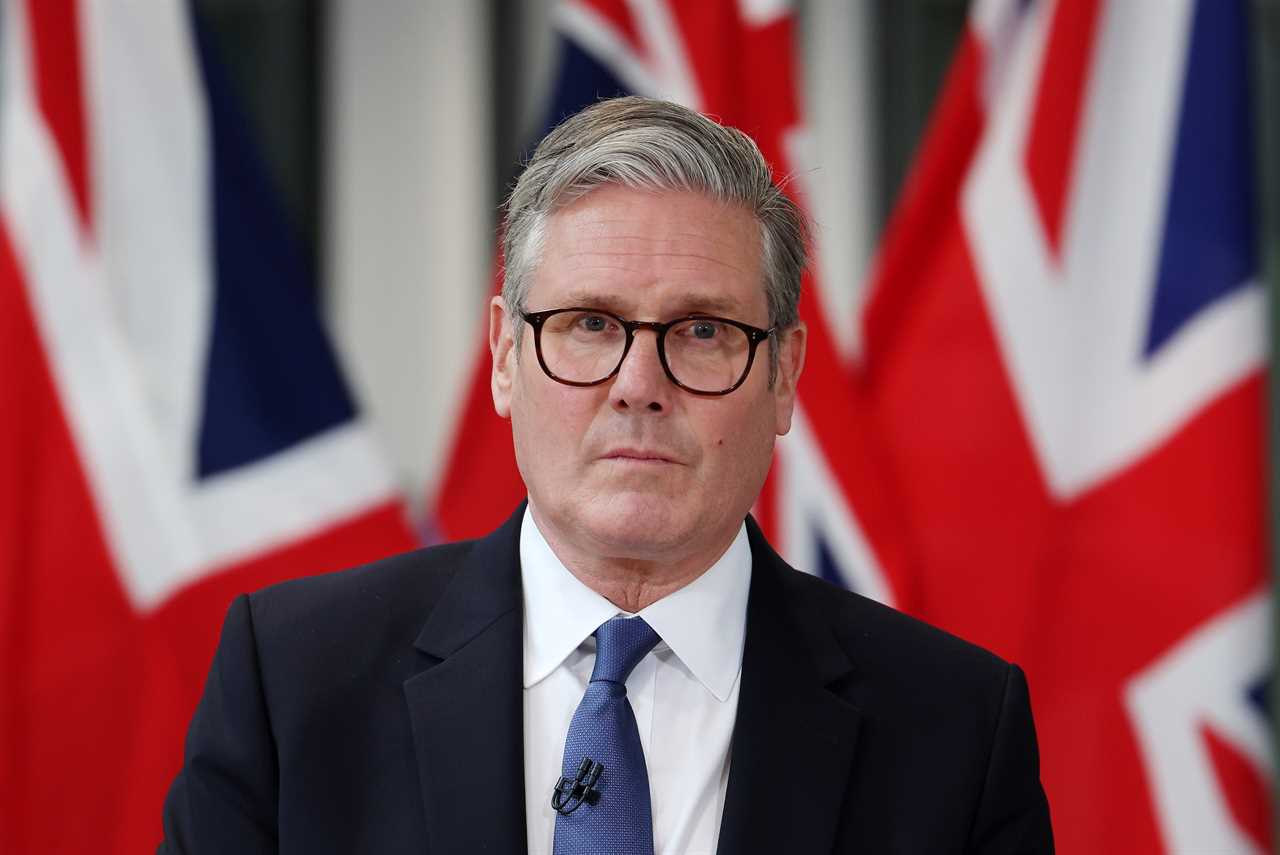
As the International Monetary Fund warns of a daunting £8.5 billion blow to the UK economy due to Donald Trump's tariffs, a complex economic landscape emerges. While global trade tensions loom large, encompassing the direct impact of US tariffs on the UK, a nuanced analysis reveals a tale of mixed fortunes for Britain.
Challenges Amid Growth
The IMF's forecast paints a sobering picture of a 0.3 per cent GDP hit by 2026, reflecting the broader strain of escalating trade disputes. Despite this, the praise for Chancellor Rachel Reeves' growth-friendly strategies signals a beacon of hope amidst the storm. With an expected growth rate of 1.2 per cent in 2025 and 1.4 per cent in 2026, the UK's economic trajectory hints at resilience in the face of adversity.
Navigating Fiscal Uncertainties
While the IMF acknowledges the credibility of the UK's fiscal plans, cautionary notes on looming risks underscore the need for prudent navigation ahead. Market volatility, spending demands, and global shocks pose formidable challenges to sustaining the current growth momentum. The projected 8 per cent rise in public spending by 2050 raises critical questions about fiscal sustainability and necessitates judicious policy choices.
Policies and Progress
Amidst the complex economic terrain, the UK's strategic manoeuvres come to the fore. Chancellor Reeves' emphasis on infrastructure investment and prudent fiscal management reflects a proactive stance in safeguarding economic stability. The recent trade deals and wage growth initiatives underscore a multifaceted approach to mitigating the impact of tariffs and bolstering domestic prosperity.
International Partnerships and Prospects
The evolving UK-US trade dynamics offer a glimmer of optimism in the midst of trade turbulence. While the recent agreement between Sir Keir Starmer and the US signals progress in mitigating tariff repercussions, ongoing negotiations hint at a broader horizon of economic cooperation. From reduced barriers to key exports to tariff adjustments on British goods, the potential for deeper trade ties holds promise for navigating the choppy waters of global trade.
In conclusion, the IMF's warning of a significant economic setback underscores the intricate interplay of global trade dynamics. While challenges abound, the UK's strategic policy responses and evolving trade relationships reveal a resilience that transcends immediate setbacks. Navigating the complexities of tariffs demands not just economic acumen but a nuanced understanding of the interconnected forces shaping the global economy. As Britain charts its course through uncertain waters, a blend of foresight, adaptability, and strategic foresight will be key to weathering the storm of trade uncertainties.






